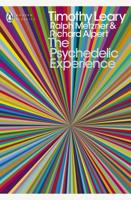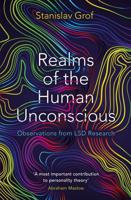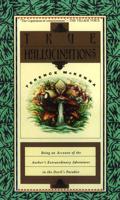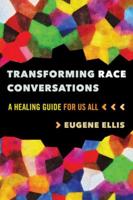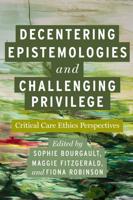Publisher's Synopsis
Here, researchers and clincians explores Clara Hill's cognitive-experiential model for working with dreams. Dreams are useful therapeutic tools because they help people circumvent their defences to reach deeper levels of self-awareness. Developed over many years by Hill and her students, the approach integrates aspects from several existing dream theories, such as Freudian, Jungian, Gestalt phenomenological, client-centred and behavioural, to create a theoretically consistent, three-staged model. Working in collaboration with their clients (patients), therapists can help them explore their dreams, gain insight into the meaning of their dreams and take action to resolve issues in their waking life.;The book discusses the theoretical basis of the model and provides clear instructions for implementing it in practice. Through the use of valuable clinical examples, authors present extensions of the model in specific settings and populations, such as groups, men, the bereaved and nightmare sufferers. The last part of the book should be of particular interest to readers, which describes how to train therapists to use the model and provides a detailed review of the mode's empirical approach.

